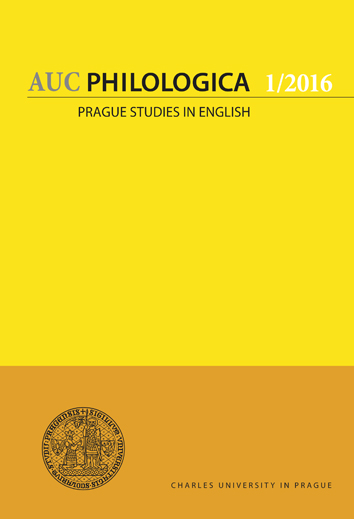“I Have Been a Chippewa Born”: Anna Brownell Jameson’s Native Canadian Transformations
“I Have Been a Chippewa Born”: Anna Brownell Jameson’s Native Canadian Transformations
Author(s): Klára KolinskáSubject(s): Language and Literature Studies
Published by: Univerzita Karlova v Praze, Nakladatelství Karolinum
Keywords: Anna Brownell Jameson; nineteenth-century Canadian literature; travelogue; national literature; Canadian Native culture
Summary/Abstract: The article discusses one of the canonical works of nineteenth-century Anglophone Canadian literature, a travelogue by Anna Brownell Jameson (1794–1860), a dedicated, if conservative, early feminist, who commented publicly on the issue of the rights of women in different social contexts. Her book Winter Studies and Summer Rambles in Canada (1838) represents a symptomatically Canadian genre oscillating between a classic travelogue and an extensive diary, and provides a detailed account of the author’s originally involuntary sojourn in Canada between December 1836 and August 1837, during which she became the first woman of European descent who, all by herself, accompanied only by Native guides, left the safety of the city, ventured into the wilderness of northern Ontario and encountered the Native inhabitants of her new country. Jameson welcomed these encounters as enriching opportunities for intercultural comparison, in which it was particularly the position of Native women that interested her. What makes Jameson’s text original is not the choice of genre but, rather, the fact that it provides an authentic literary testimony about the process of intercultural transformation of the authorial subject. Unlike her literary contemporaries, the sisters Catharine Parr Traill and Susanna Moodie, Jameson was not satisfied with merely recording her exploratory experience, but consciously strove to reach the inner substance of “otherness,” to achieve a kind of voluntary cultural marginalization which would facilitate the real, unmediated understanding of this otherness, as well as of herself. The article analyses the process of Jameson’s symbolic transformation into a “new Native Canadian,” the literary account of which became one of the foundation texts of Canadian national literary culture.
Journal: Acta Universitatis Carolinae Philologica
- Issue Year: 2016
- Issue No: 1
- Page Range: 45-54
- Page Count: 10
- Language: English

